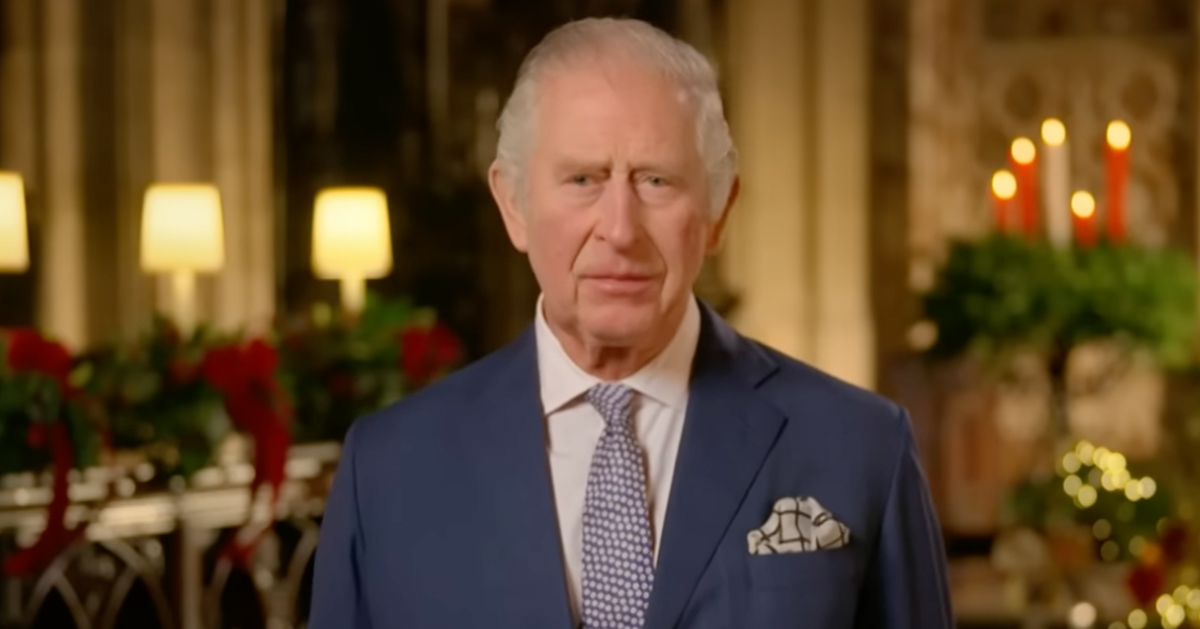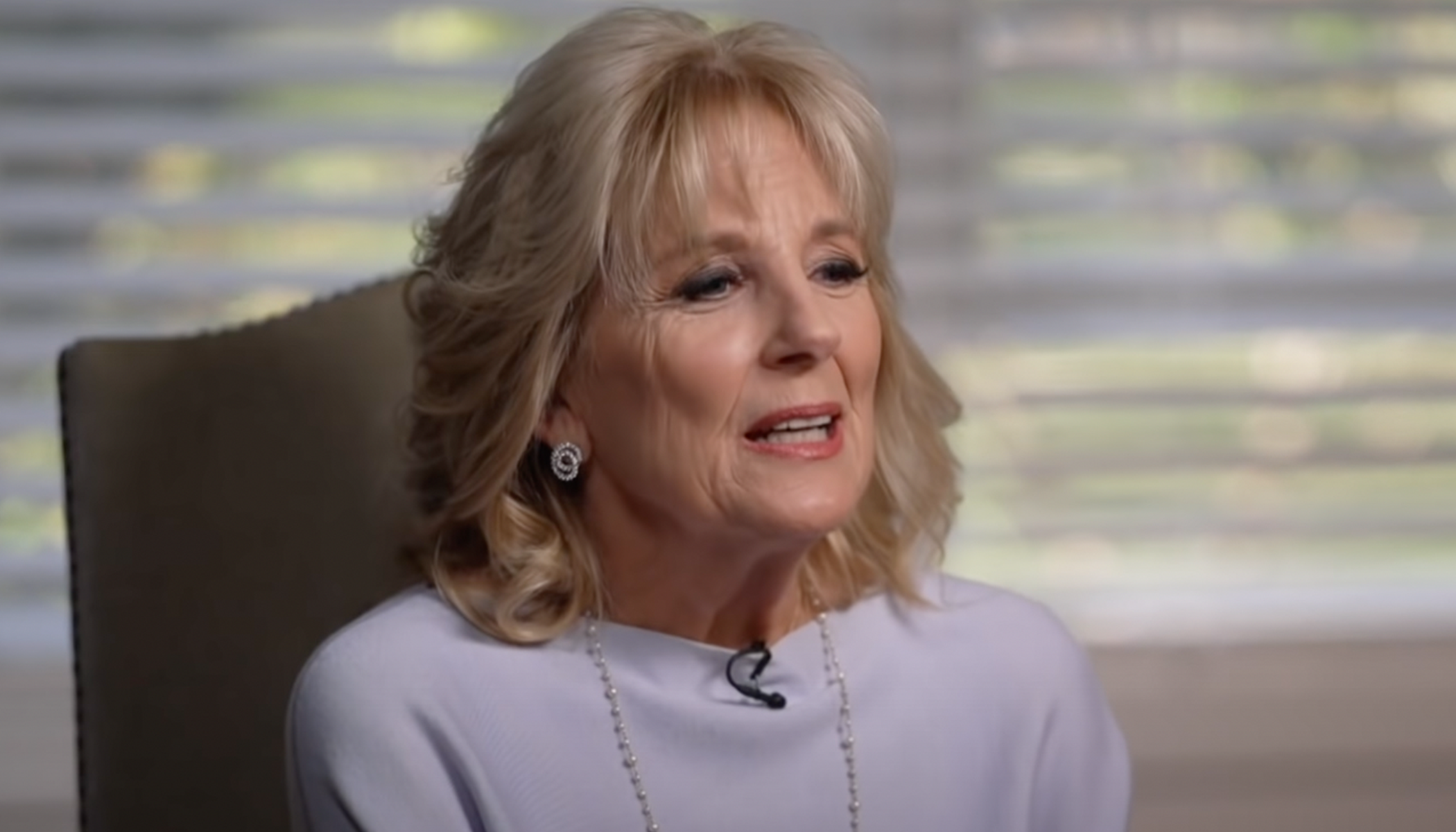Revised Supreme Court Standards Impact January 6 Cases
In a pivotal shift for legal proceedings related to the January 6 Capitol breach, former officer Joseph Fischer reappeared in court under a stringent new standard for obstruction charges. This follows a critical Supreme Court decision that insists on concrete evidence of document impairment for such accusations to proceed.
Joseph Fischer faced renewed court proceedings as recent Supreme Court guidelines redefine obstruction charges for over 250 January 6 cases, Newsmax reported.
Charged in connection with the U.S. Capitol breach on January 6, 2021, Joseph Fischer returned to court this Wednesday. A June Supreme Court ruling significantly raised the bar for prosecuting obstruction charges, necessitating his appearance.
Supreme Court's Decision Reshapes Legal Grounds
The Supreme Court, in a 6-3 decision, specified that obstruction charges must now demonstrate actual impairment or an attempt to impair the integrity or availability of documents. This decision has already influenced the course of many cases, leading to the dismissal of charges against more than 60 defendants.
During Wednesday's session at the U.S. District Court in Washington, they centered discussions on outlining future steps for Fischer's case. Despite facing six other charges, including assaulting police officers, Fischer has pleaded not guilty to all allegations.
Challenges Persist in Capitol Riot Prosecutions
The new legal standards introduced by the Supreme Court only affect some existing cases but introduce a significant hurdle for many. For instance, former President Donald Trump, who faces similar charges, might benefit from this new ruling in his upcoming legal challenges.
Prosecutors assert that Donald and Shawndale Chilcoat knew the significance of the electoral votes being considered during the congressional session, highlighting ongoing challenges in the case against them.
Defense Counters Prosecution's Strategy
Defense arguments for the Chilcoats emphasize that there was no tampering with documents, thus challenging the validity of the obstruction charges under the new guidelines. This contention reflects a broader defense strategy emerging in the wake of the Supreme Court's ruling.
"It's remarkable for the government to be going at this specific charge so persistently when the Supreme Court has told them 'no,'" remarked Nick Smith, a defense attorney, underscoring a perceived disconnect between prosecutorial actions and judicial instructions.
Scope of the Supreme Court's Impact
The implications of the Supreme Court decision are vast, affecting around 259 defendants initially charged with obstructing a congressional proceeding. With nearly 1,500 individuals charged in connection to the Capitol breach, the ruling's repercussions are substantial and ongoing.
Prosecutors are still pursuing cases against individuals like Christopher Carnell and David Bowman, focusing on actions directly related to the Electoral College votes and the Senate chamber, indicating a more selective prosecutorial approach post-ruling.
Looking Ahead: Capitol Riot Cases After Supreme Ruling
Legal standards are expected to continue evolving, affecting the prosecution of January 6 cases and increasing scrutiny on what constitutes an obstruction of justice. This judicial recalibration not only affects those currently under trial but also sets a precedent for future legal proceedings involving similar charges.
As the legal community watches closely, the broader implications for justice and accountability in politically sensitive cases remain a focal point of national interest, particularly as the U.S. attorney's office in Washington has refrained from commenting on ongoing cases.






